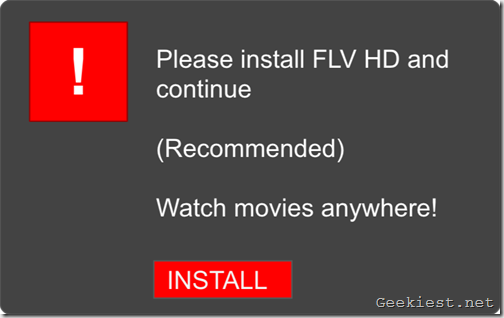Google has been tackling with online malware for quite a few years, and is stepping up the fight further.

The Mountain View company has announced that it will begin blocking websites with deceptive ads.
The reason behind this is quite obvious, malvertising, aka malware advertising. This is usually the case when a legitimate ad is hijacked and injected with some malicious script. The unaware user is often tricked by these ads, and gets his computer infected by the malware.
And that is not the only problem, victims are often scammed by ads which do not originate from the source, and as a result have their identity stolen, and even credit card information, passwords and phone numbers. These malware or PUPs (Potentially unwanted programs) are called deceptive downloads, and these methods of attacks are called social engineering attacks.
It is this issue which Google plans to address in its Safe Browsing technology. The Mountain View company originally began combating the problem, in November 2015. But it will begin blocking websites which have deceptive download buttons.
Usually these fake download buttons display information like "Update your video player" or "Install a plugin" or something similar to the ones shown in the screenshots below.



These ads aren't from the original developers, and just mimic the official ads. But as I described above, these are malicious ads and deliver the malware on to the user's PC. So the only way to protect users from being affected is by flagging the host website of the fake ad, as a Deceptive website.
If your website is affected, you can use Google’s support page for help in fixing it.
source: Google